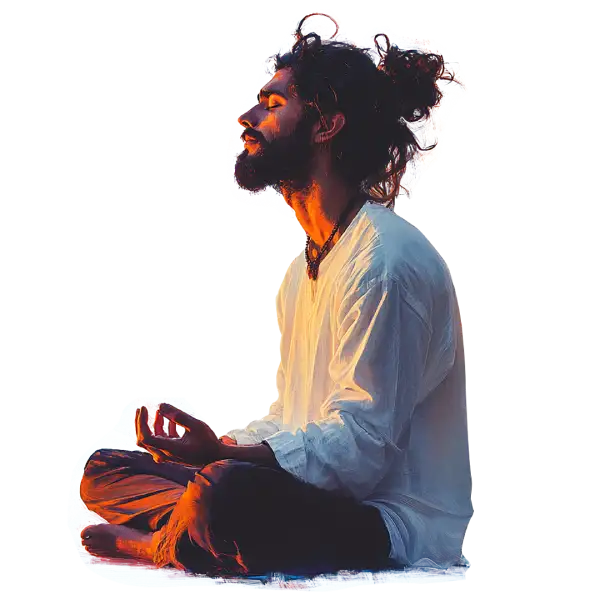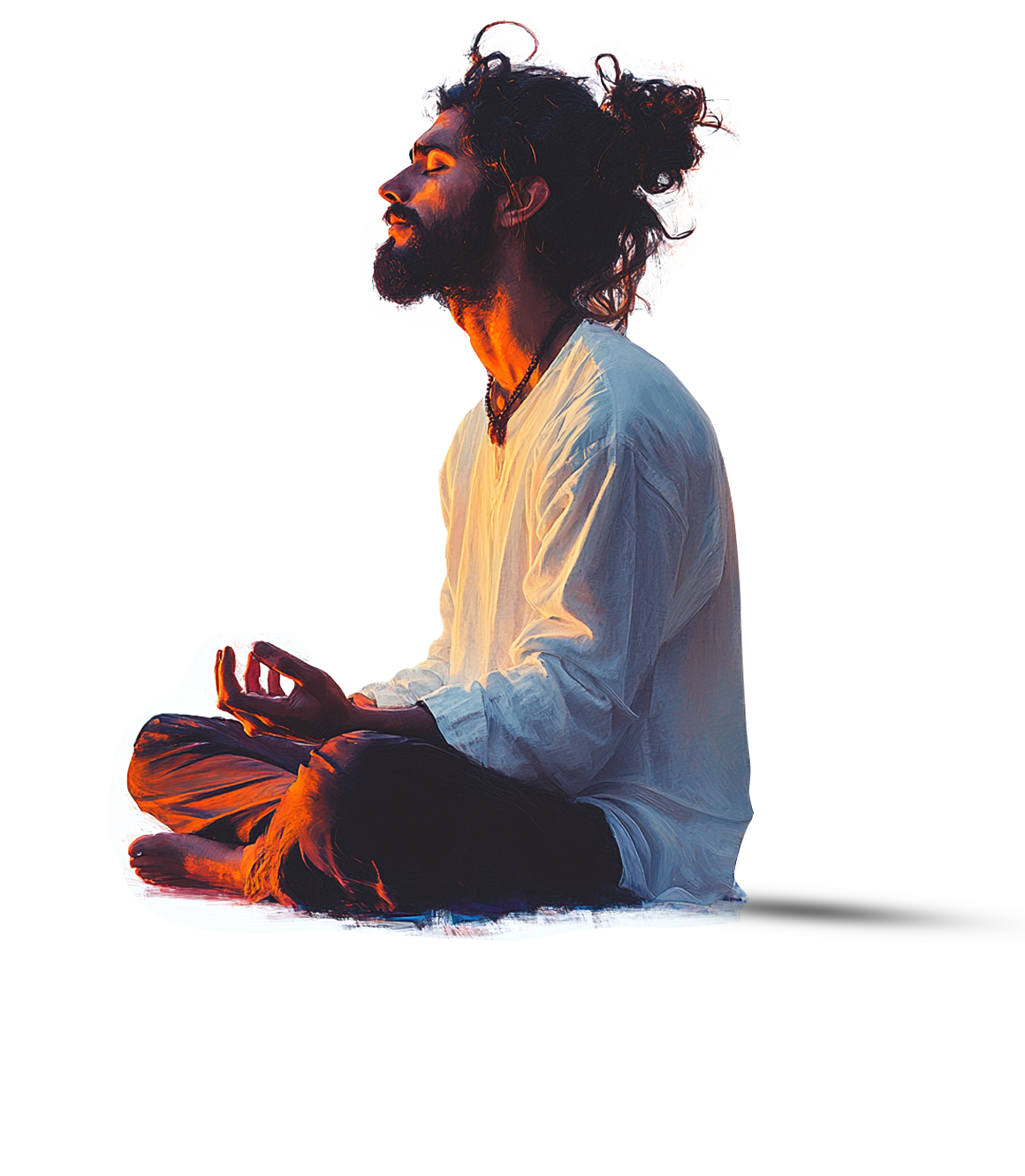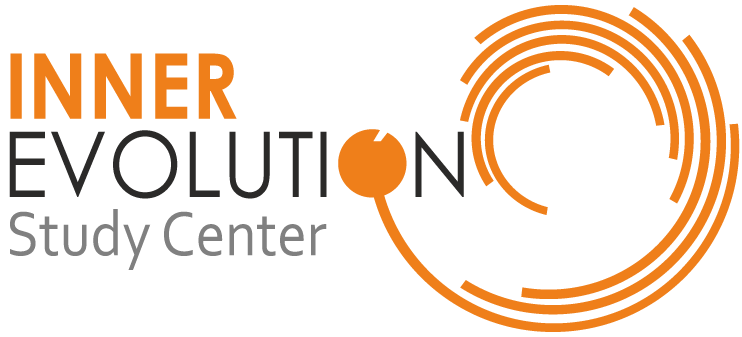Inner Evolution School Module
Entheogen Integration and Personal Process
Awaken your inner self with Anthony and Juha in a transformative journey. Using ancestral tools like ayahuasca, bufo alvarius, san pedro, and kambo, explore the fundamentals of facilitation and deepen your personal development.

Finlandia | Ciclo de Introducción 13 Noviembre
Evento del 13 al 17 de noviembre | 2024
Limited seats available!
Program Overview:
Duration
5 days, from Wednesday evening to Sunday morning
Trainers
Farah and Anthony
Participants
15 beginner students
Focus
Training in the role of the facilitator, basics of integration, and holding space, with practical facilitation experience
Sessions
4 ayahuasca sessions, 3 bufo alvarius sessions, 1 san pedro session, and 3 kambo sessions
Day 1
Wednesday Evening - Welcome & Opening
Focus: Introduction and welcome.
18:00 | Arrival and Registration: Welcoming students, setting up spaces.
19:00 | Opening Circle: Briefing on program structure, objectives, and team arrangements.
Introduction and history to Innermastery and Inner Evolution School.
21:00 | Ayahuasca Session #1 (led by the main facilitators and student support)
Objective: Observation and personal experience for students.
Note: Trainers observe students’ interactions and encourage reflective notes after the Session.
Day 2
Thursday - Foundations of Facilitation & Introduction to Integration
Focus: Integration Tools and Personal Process
9:00 | Kambo Practice Session #2 (practice-led by different students under trainer supervision)
Objective: Practical facilitation experience with trainers providing feedback.
11:30 | Morning Integration Circle and Session Supervision
Activity: Supervision and reflections from the first ayahuasca Session.
Discussion Points: Emotional containment, neutrality, and supporting participants through their process.
15:00 | Lunch Break
18:30 | Introductory Workshop:
Topic: What is to be a facilitator? What is an integration? What is the field?
Content: Overview of the facilitator’s role, responsibilities, qualities (e.g., presence, empathy, non-judgment). Understanding the field.
20:00 | Preparation Session:
Topic: Facilitator and Integrator Skills: Perception and Active Listening
Content: Exercises to understand perception and active listing.
Practice: To prepare participants for deep listening and perception by centering and grounding exercise.
22:00 | Ayahuasca Session #2 (led by trainers, with students in support roles)
Objective: Students observe and assist, focusing on presence and compassionate witnessing.
Day 3
Friday - Deepening Integration & Hands-On Facilitation
Focus: Practical integration skills and deepening understanding of presence.
9:00 | Kambo Practice Session #2 (practice-led by different students under trainer supervision)
Objective: Continued hands-on experience with kambo treatment and trainer supervision.
11:30 | Morning Integration Circle and Session Supervision
Activity: Debrief and reflection from the second ayahuasca session.
Practice: Individual grounding exercises and group mindfulness activities.
12:30 | Training Session:
Topic: “Basic Concepts of Integration and Holding Space”
Content: Introduction to integration methods and creating a safe container for participants.
– Understand the principles of integration and how shamanism and mysticism integrate with psychology.
– Learn therapeutic presence techniques to fully engage with participants in the present moment.
Practice: Role-play exercises where students practice empathetic listening and grounding techniques.
2:00 | Bufo Alvarius Practice Session #1 (led by trainers with student support)
Objective: Students assist with grounding and aftercare under close trainer supervision and facilitation feedback.
15:00 Lunch Break
21:00 | Ayahuasca Session #3 (students take larger support roles under trainer supervision)
Objective: Students focus on active listening and presence, integrating feedback from previous sessions.
Day 4
Saturday - Advanced Integration Tools & San Pedro Session
Focus: Advanced facilitation techniques, personal reflection, and expanded states.
9:00 – Kambo Practice Session #2 (practice-led by different students under trainer supervision)
Objective: Continued hands-on experience with kambo treatment and trainer supervision.
11:30 -|Morning Integration Circle and Session Supervision
Activity: Debrief and reflection from the second ayahuasca session.
Practice: Individual grounding exercises and group mindfulness activities.
Focus: Grounding practices, and self-awareness in the facilitator role.
14:00 | San Pedro/Wachuma Session (guided by trainers with student support)
15:00 | Lunch Break
17:00 | Sanpedro Creative Workshop:
Topic: “Integrating creativity with Sanpedro”
Content: Encourage participants to create mandalas or art intuitively, allowing their emotions and sensations to guide the arrangement. The trainers can facilitate a short reflection afterward, asking participants to share insights if they feel inclined.
20:00 | Ayahuasca Session #4 (final Session with students in practice roles)
Objective: Students apply all learned skills, with trainers observing and guiding as necessary.
Day 5
Sunday Morning - Closure & Reflection
Focus: Reflection on learning, feedback, and closing.
9:00 | Final Integration Circle (led by trainers with student participation)
Activity: Supervision reflections on personal growth, facilitation challenges, and key takeaways.
Discussion Points: Skills gained, areas of improvement, and insights from the experience.
11:30 | Closing Circle and final feedback.
Activity: Acknowledgments, and final words from trainers and students.
Summary of Program Flow:
- Training Sessions: Focus on foundational facilitation skills, role of the facilitator, presence, co-, and ethics.
- Ceremonies: 4 ayahuasca, 3 bufo alvarius, 1 san pedro, and 3 kambo sessions interspersed with integration and training.
- Integration Circles: Held each morning, facilitated by both trainers.
- Practice Opportunities: Students rotate in support roles and eventually lead certain aspects of the facilitation, with feedback from trainers.

